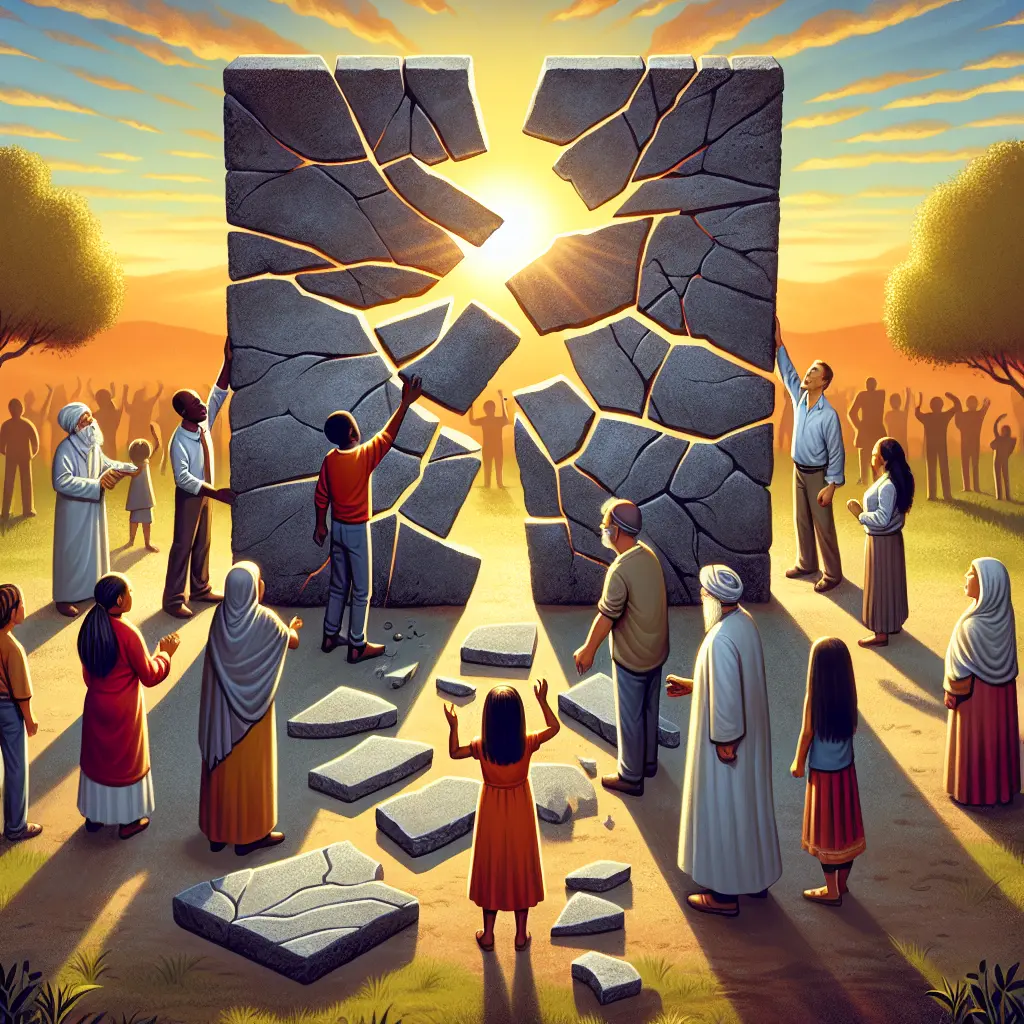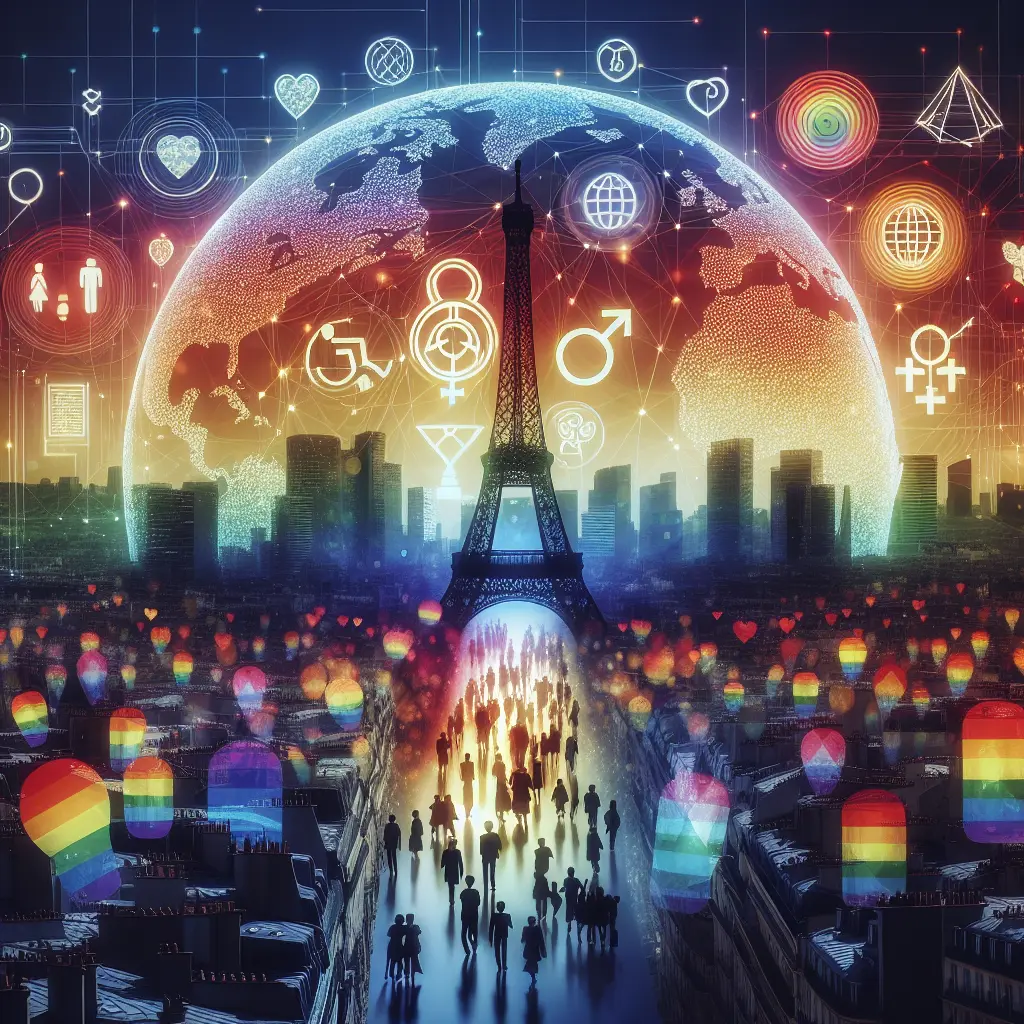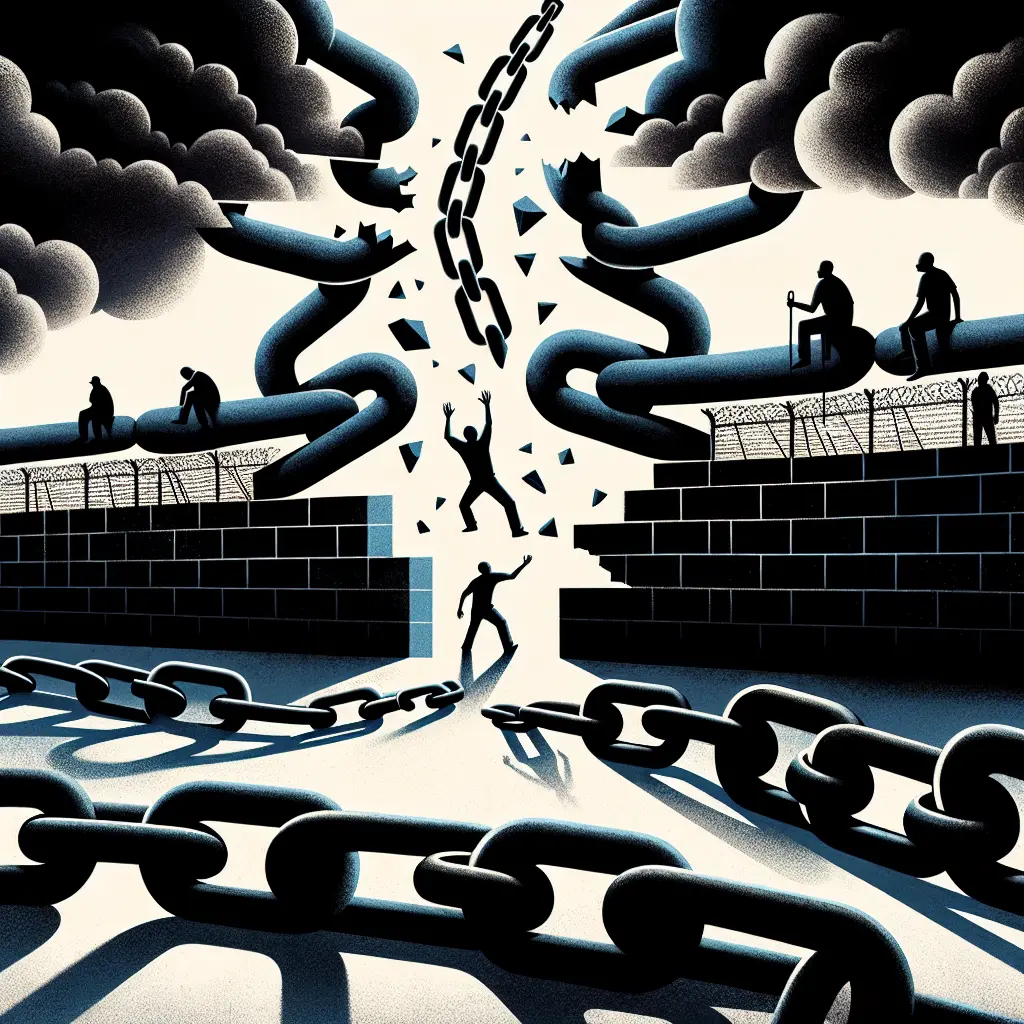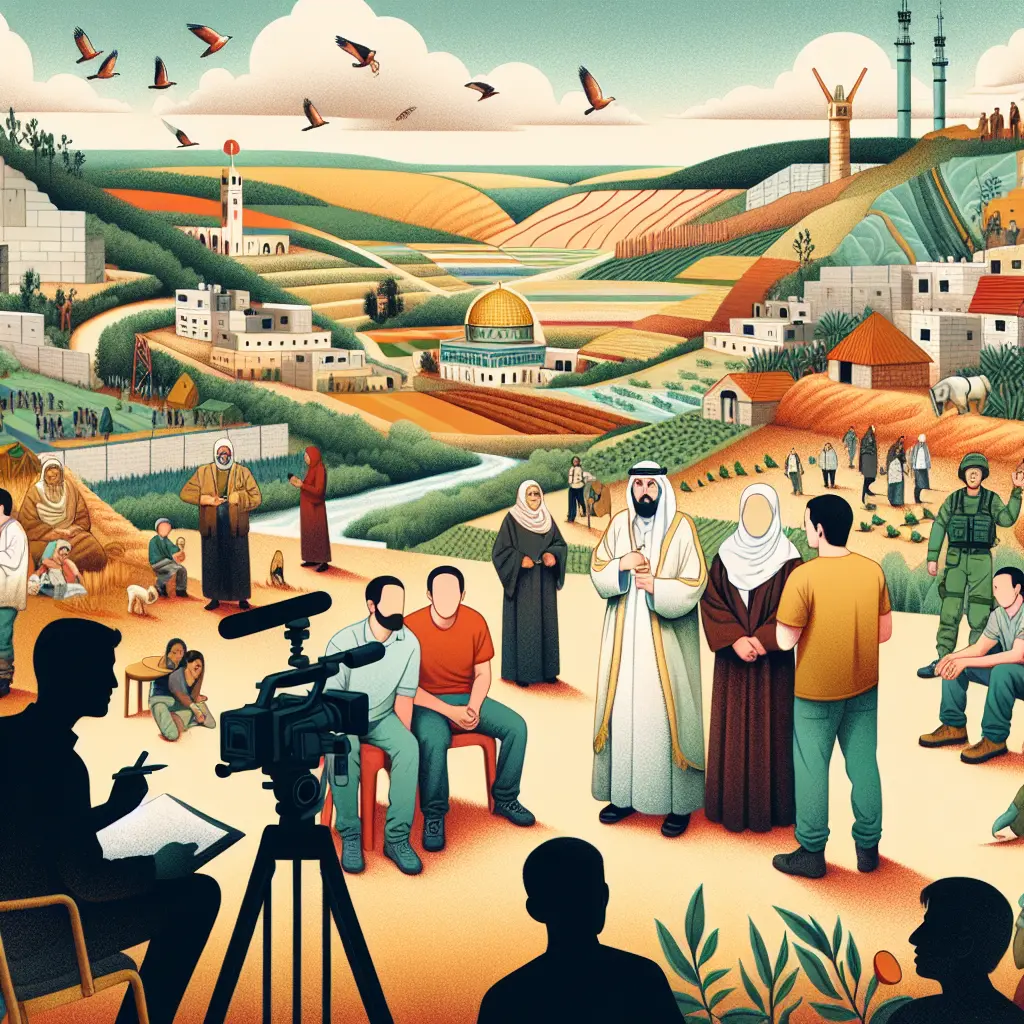In the realm of powerful documentaries that changed the world, few have left a mark as indelible as Joshua Oppenheimer's "The Act of Killing." This groundbreaking film not only redefined documentary storytelling but also profoundly impacted the way we confront historical atrocities.
Set against the backdrop of the Indonesian genocide, it masterfully explores human rights through film by shedding light on a dark chapter often overshadowed by silence. The documentary's impact lies in its unflinching portrayal of former death squad leaders as they reenact their brutal deeds, offering a chilling insight into the minds of perpetrators.
By rethinking history through documentaries, Oppenheimer unveils the complex layers of memory and guilt, challenging viewers to reconsider their understanding of genocide and the narratives built around it.
"The Act of Killing" serves as a testament to the power of documentaries on genocide to uncover historical truths and instigate social change.
Film as a tool for change has never been more evident than in this influential documentary, which pushes boundaries and sparks conversations on justice, memory, and reconciliation.
The Legacy of "The Act of Killing" in Addressing Historical Atrocities
Joshua Oppenheimer's "The Act of Killing" has left an indelible mark on the landscape of documentary filmmaking, particularly in the realm of confronting historical atrocities. This powerful documentary not only sheds light on the Indonesian genocide but also redefines how society engages with such dark chapters of history through film.
The film’s unique approach—featuring former death squad leaders reenacting their brutal past actions—offers profound insights into the psychological mechanisms of perpetrators, thereby challenging viewers to rethink their understanding of genocide.
1. The Impact on Public Consciousness
"The Act of Killing" has played a pivotal role in bringing the Indonesian genocide to global attention, an atrocity that had largely remained in the shadows of public discourse. By documenting the firsthand accounts of the perpetrators, Oppenheimer has created a narrative that forces audiences to confront uncomfortable truths about human rights violations. This confrontation serves as a catalyst for change, encouraging dialogue about justice and reconciliation not only in Indonesia but around the world.
Film as a Tool for Change
The enduring impact of "The Act of Killing" underscores the power of film as a tool for social change. By pushing boundaries and sparking critical conversations about historical atrocities, documentaries like Oppenheimer’s serve as catalysts for both personal reflection and societal transformation.
As we continue to explore human rights through film, "The Act of Killing" remains a testament to the potential of documentaries to inspire change and promote justice. Its legacy lies not only in its storytelling prowess but also in its ability to mobilize audiences worldwide toward understanding and confronting past atrocities.
In this evolving narrative landscape, what other documentaries might push boundaries and redefine how we engage with history? How can filmmakers continue to harness the power of storytelling to inspire progress and reconciliation?
Conclusion
"The Act of Killing" stands as a profound milestone in the realm of documentary filmmaking, reshaping how we confront historical atrocities. Its lasting impact can be summarized as follows:








Leave a Comment